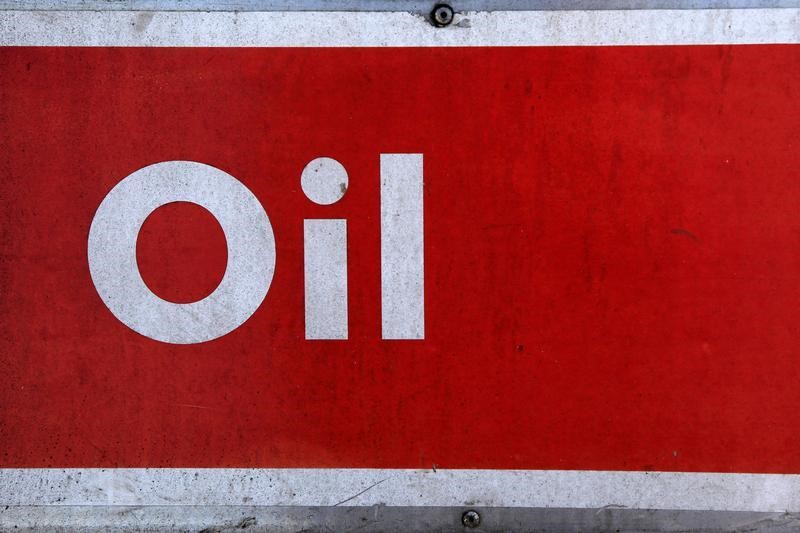(Reuters) – Extreme heatwaves in Texas fueled a 22% rise in flaring incidents in the Permian shale basin in the 12 months ended September, analytics firm Enverus said in a note.
Satellite data from the largest U.S. shale basin showed flaring, or the burning of unwanted gas, hitting near three-year peaks in July when Texas was gripped by extreme heat, Enverus said in the note on Thursday.
The extreme heat prompted multiple power conservation calls from the state’s grid operator this summer, with electricity demand hitting an all-time peak in August, and holding near those highs through most of September.
The Midland basin saw flaring rates 1.7 times higher than Delaware, from May to July.
“Not all operators ramped up on flaring, however – wells attached to certain gas gathering systems exhibited noticeably higher rates than others”, the note added.
The excess flaring at wellheads would make it difficult for the upstream sector to achieve the environmental, social and governance (ESG) goals in short-term, the note added.
flaring in the top U.S. shale basin is poised to increase next year, a report from Enverus said in May.
Read the full article here



